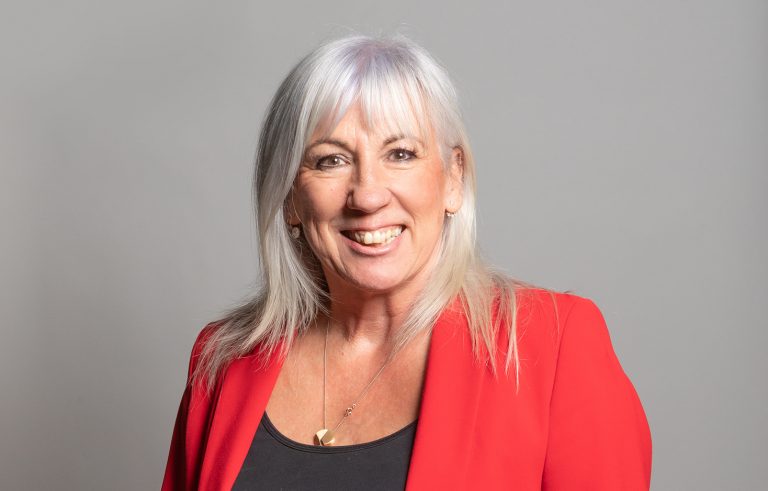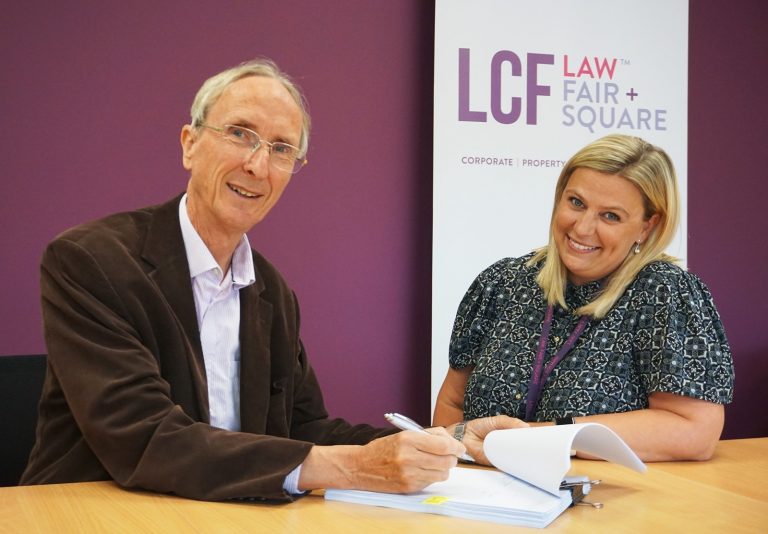A well-known Leeds business park that is currently home to 18 companies and public sector organisations, that employ hundreds of people, has been put up for sale.
WIRA Business Park offers 111,197 sq ft of accommodation, in a wide range of suite sizes, spanning office spaces and light industrial units. The 4.38 acre site, which sits between Lawnswood roundabout and Horsforth’s Woodside roundabout, also has parking for 259 cars and is being marketed by Leeds property consultancy, GV&Co’s investment division, on behalf of Canmoor.
The business park was originally constructed in the early 1980’s as the headquarters of the Wool Industries Research Association (WIRA). Its two main buildings have been re-purposed in recent years to appeal to a variety of businesses.
Garry Howes, director of investment at GV&Co, said: “WIRA Business Park is well-positioned on the Leeds outer ring road. It currently produces a total passing rent of £839,720 and there are immediate asset management and ESG opportunities to grow this significantly, as well as some vacant units which are in an immediately lettable condition.
“The site also offers an attractive weighted average unexpired lease term (WAULT) of more than five years, which further enhances its credentials as a solid investment opportunity, and we’re envisaging significant interest from both local and national investors.”
GV&Co is instructed to seek offers in excess of £7.87million, reflecting a net initial yield of 10%.












